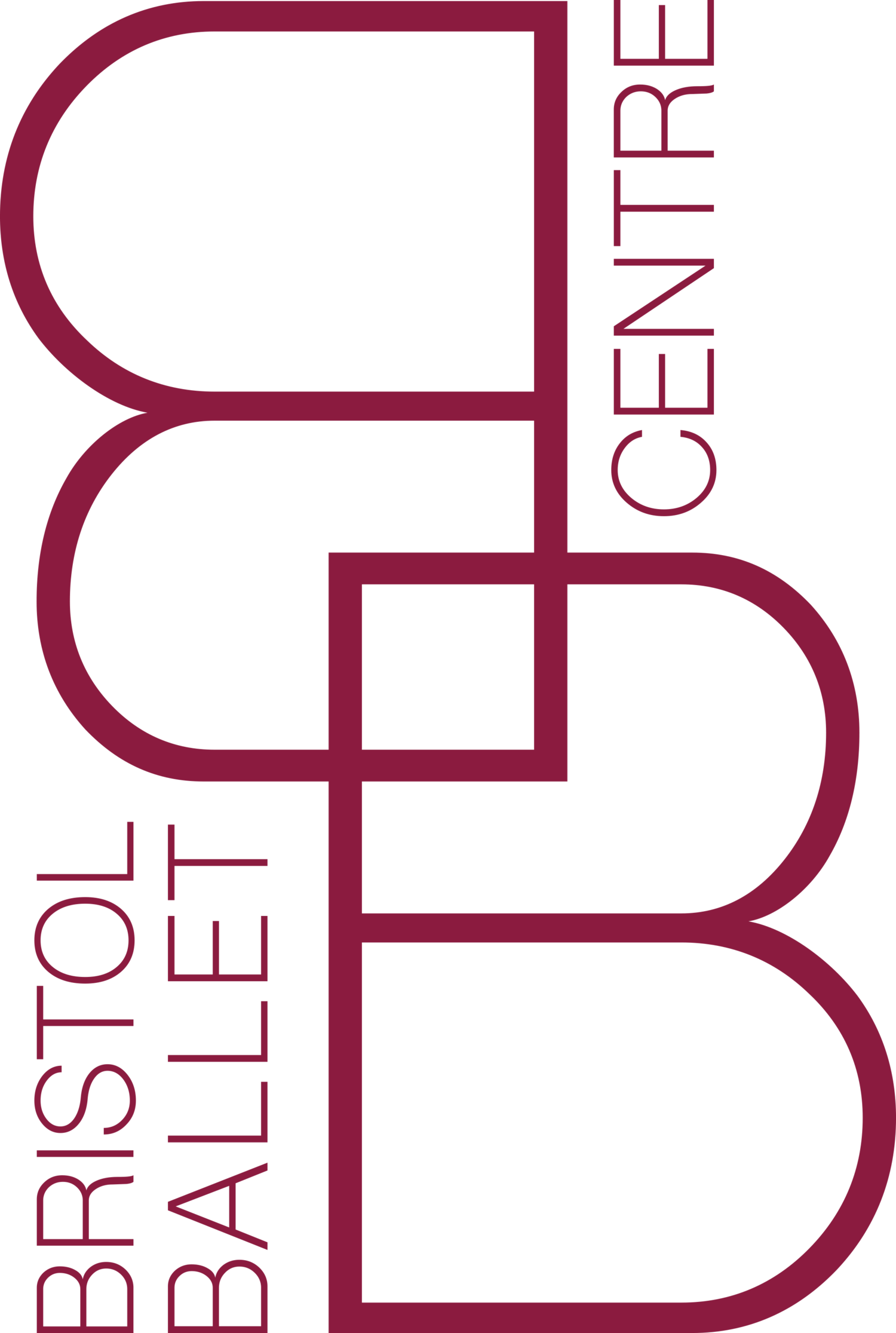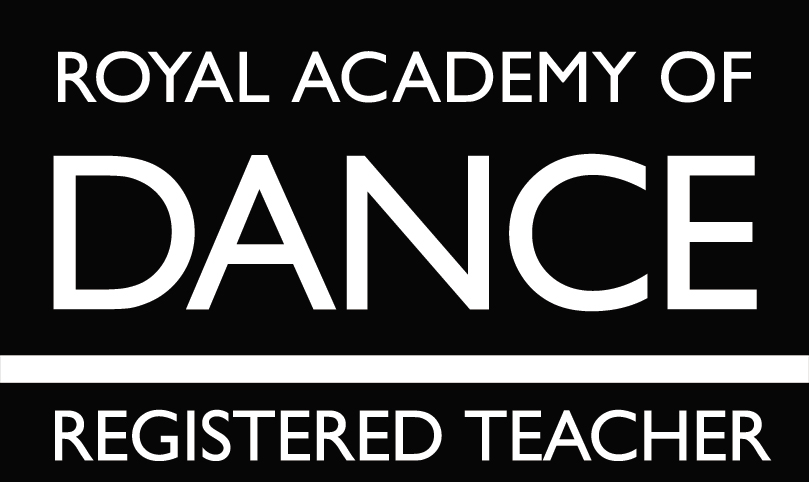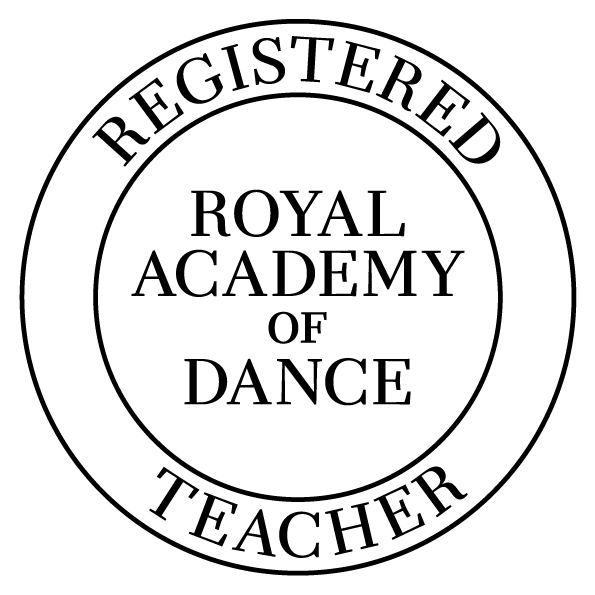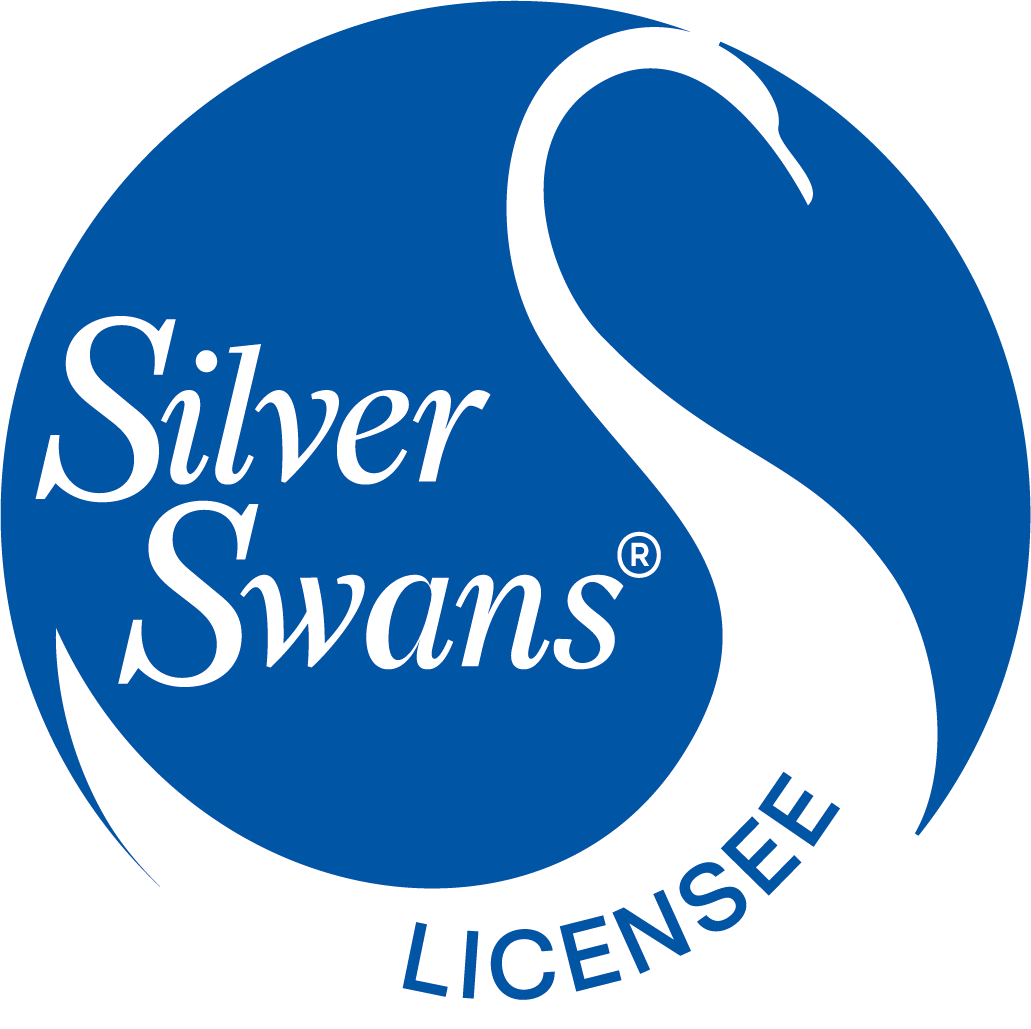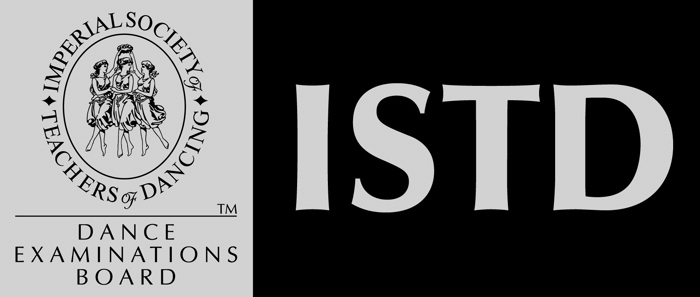Safeguarding Policy Statement
Bristol Ballet Centre recognise that we have an explicit duty to safeguard* and protect children from abuse as defined in the Children Act 2004 and the Education Act 2002. All children have a right to protection from harm and abuse, regardless of age, ability, gender, racial heritage, religious beliefs, sexual orientation, identity, or additional vulnerabilities. Everyone at our organisation shares an objective to help keep children, young people, and vulnerable adults* safe by:
•Providing a safe environment to learn in
• Identifying and responding to children*, young people and adults at risk* in need or support and / or protection
• Supporting children’s development in ways which will foster a sense of self-esteem and independence
• Fostering a learning environment in which every pupil feels valued and able to articulate their wishes and feelings in their preferred method of communication in an atmosphere of acceptance and trust.
* Safeguarding children is the action taken to promote the welfare (or wellbeing) of children and protect them from harm. Child protection is part of the safeguarding continuum and focusses on the activity that is undertaken to protect individual children identified as suffering or likely to suffer significant harm
* Child: A child includes babies, children and young people up to 18 years.
*‘Adult at risk’ means any person who is aged 18 or over and is at risk of abuse or neglect because of their needs for care and support. Formerly the term was ‘vulnerable adult’ (Care Act 2014 [England]). We at Bristol ballet Centre will endeavour to ensure that children and adults at risk are protected from harm while they visit or are attending class. We will do this by:
1. Making sure our staff are carefully selected
2. Ensuring all staff undergo an Enhanced Criminal Records Bureau disclosure
3. Establishing and maintaining an ethos where children and young people feel secure, and are encouraged to talk, and are listened to
4. Taking all reasonable steps to ensure the health, safety and welfare of any child or vulnerable adult in contact with us
5. Not physically, emotionally or sexually abusing any child or adult at risk in contact with us
6. Taking all reasonable steps to prevent any staff member or persons working for us from putting any child in a situation in which there is an unreasonable risk to their health and safety
7. Taking all reasonable steps to prevent any staff member or persons working for us from physically, emotionally or sexually abusing any child
8. Treating all children and adults at risk with respect including respect for diversity
9. Reporting to the Principal any evidence or reasonable suspicion that a child has been physically, emotionally or sexually abused in contact with us or anyone in our organisation
10. Referring to statutory authorities all incidents reported to the Principal
11. Using our safeguarding and child protection procedures to share concerns and relevant information with agencies who need to know, and involving children, young people, parents, families and carers appropriately ·
12. Using our procedures to manage any allegations against staff and volunteers appropriately
13. Creating and maintaining an anti-bullying environment and ensuring that we have a policy and procedure to help us deal effectively with any bullying that does arise ·
14. Ensuring that we have effective complaints and whistleblowing measures in place ·
Everyone working or applying to work for this organisation is to be made aware of our policy for children’s welfare. Furthermore, this document should be issued to all staff and other people who are likely to have contact with children as part of their work with us. Copies of the policy will be held by the Principal.
Roles and Responsibilities for all staff
These guidelines apply to:
• A situation involving children and young people up to age 18.
• All staff, freelance staff and consultants working within our organisation. In the case of consultants it is incumbent upon the Principal to ensure that they are made aware of these guidelines
General duties for all staff
In regard to the safety and welfare of children all staff are required to:
• Undergo an Enhanced Criminal Records Bureau/ Disclosure and Barring Service Disclosure
• Take all reasonable steps to protect children from hazards
• Strictly observe the code of behaviour in this document
• Take appropriate action if an accident occurs
• Take all reasonable steps to prevent abuse of children in contact with anyone within the organisation
• Report any incident or suspicion of abuse
Roles and responsibilities for all staff
Safety of participants and staff is of prime consideration at all times
• All accidents involving anyone should be recorded in the organisation’s accident book immediately or as soon as practicably possible
• Staff are responsible for familiarising themselves with building/facility safety issues, such as, fire procedures, location of emergency exits, location of emergency telephones and first aid equipment
• Staff are responsible for reporting suspected cases of child abuse to the named responsible person and/or agencies
• Appropriate staff should have access to any parent consent/emergency consent forms for all children taking part in any activities [this information should be confidential]
• Staff should ensure that their activities start and end on time
• Staff are expected to promote, demonstrate and incorporate the values of fair play, trust and ethics throughout their activities
• Staff should ensure that they are adequately insured, to protect against claims of negligence, through their organisation or their own personal insurance if acting as a self-employed agent
Code of behaviour for all staff
People working at our organisation must always observe the following requirements where children or young people or similarly vulnerable people are concerned.
DO:
• Behave professionally
• Listen to children
• Treat everyone with respect
• Communicate at an appropriate level
• Be aware of policy and procedures
• Report any suspicions within our guidelines
• Be aware, approachable and understanding
DO NOT:
• Harm a child or frighten a child
• Touch inappropriately
• Use inappropriate language
• Threaten, shout or be aggressive
• Force a child to do something they do not want to do
• Mistreat, demean, ignore, or make fun of
• Show favouritism to any one individual or groups of individuals
• Let a child expose him/herself to danger
• Make racist, sexist or any other remark which upset or humiliate
You have a strict duty never to subject any child to any form of harm or abuse. Failure to adhere to these procedures will be treated as gross misconduct.
PHOTOGRAPHING CHILDREN
Photographs of children should only be used if consent has been obtained from a parent or guardian. General group photographs may be used if no individual can be identified by reason of any attached data. Permission should be obtained firstly to take the photograph and secondly for permission from the parent if the photograph is to be reproduced.
WHAT TO DO IF AN ACCIDENT HAPPENS
Depending on your judgment of the situation, go to the scene immediately if possible and/or summon First Aid assistance and/or contact the emergency services. With children, it can be hard to assess whether they have been injured or the extent of the seriousness of an injury. If you have any doubt about this, you should err on the side of caution and contact the emergency services. All accidents should be reported in the Health and Safety book. FIRST AID Unless there is good reason, First Aid should not be administered without the permission of the child’s parent or accompanying adult. A child cannot give consent. If the parent is not at the premises, obtain their phone number and try and make contact. However, if a child is alone and seriously injured or unconscious, the situation will need to be dealt with immediately. If possible, treatment should only be given by a trained First Aider. Unless it is irrelevant, ask the child if they use medication (e.g. for asthma, diabetes, and epilepsy) or have any allergies. Some children have allergic reactions to stings. For minor injuries, you may not offer any medication, including antiseptics or pills of any kind. If you have any doubts about helping someone to use their own medication, phone National Health Service Direct on 0845 4647 or the emergency services.
If a child comes to you for comfort because of a minor accident or fright, it is acceptable with the Code of Behaviour to hold their hand or put your arm around them. Just ensure:
• you know about any injury and do nothing to make it worse
• physical contact is what the child wants, and the kind of contact between you is appropriate to their age and stage of development
• you do your best to stay in sight of other adults If a child needs a doctor or hospital, call the emergency services. It is nearly always best to stay with them and wait for the ambulance. You should only take the risk of bringing in the child yourself if the emergency services ask you to do so because of exceptional circumstances.
Enhanced CRB/DBS Disclosure
All staff including teachers, freelance teachers, contractors, volunteers, administrational and ancillary staff will undertake an Enhanced CR/DBSB disclosure which will be kept up-to-date. It is the Principal’s responsibility to view the contents of the Enhanced CRB/DBS disclosure and make a decision about whether that staff member should be excluded from working with young people within their organisation.
Nominated child protection lead: Name: Alexandra Sherman Phone/email: info@bristolballetcentre.co.uk. 07976 774123 NSPCC Helpline: 0808 800 5000
